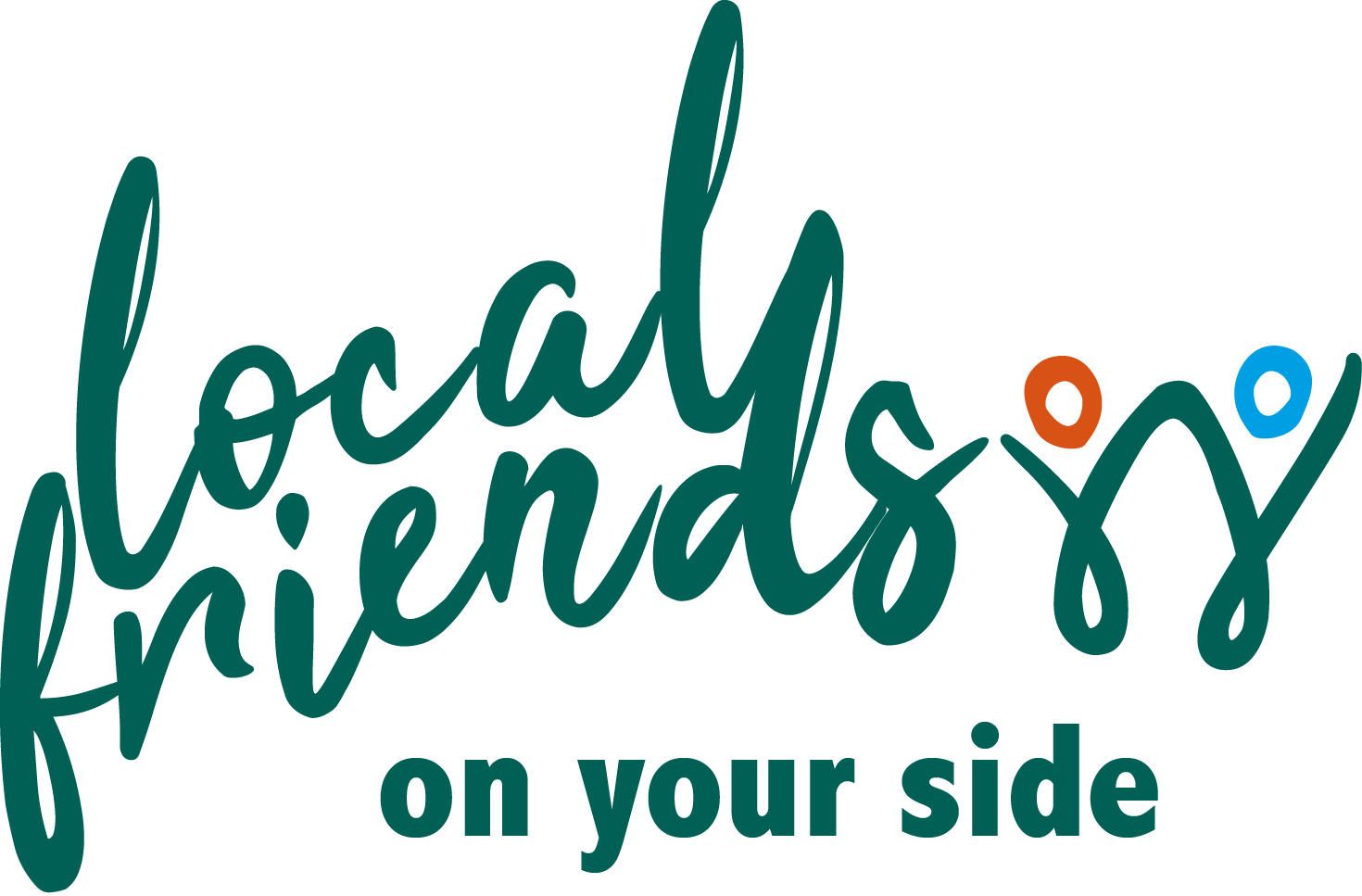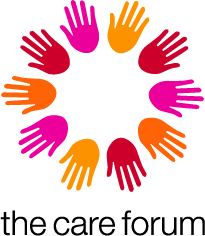Good Neighbours
Volunteering Guidelines
Introduction
These are the current volunteer guidelines relating to the community support work being undertaken during the Covid-19 emergency. If you don't understand anything, have any questions about this page, or if you think something may be wrong or missing, please let us know.
We want you to look after yourself as well as helping other people: protect yourself, protect the people you are helping, and give them the best support you can while remaining safe and well yourself.
Volunteer Safely
If you contact people by phone or email:
- don't offer to do anything if you are not comfortable doing it or don't have the time and resources to do it;
- if you are asked for help you can't provide, pass the request on (or back) to us; and
- if you are concerned about anything you hear, tell us.
If you go out:
- take a mobile phone and personal identification with you – the Police will have a list of all authorised volunteers;
- make sure someone knows where you are going and when you expect to return; and
- assuming you have the time, don't just drop off the shopping or prescription and dash away, but be aware they may appreciate a bit of a chat – from a safe distance, of course.
If you go shopping:
- check beforehand how you will be reimbursed for the cost of the shopping;
- in each shop, get a separate bill for each person you are shopping for (including yourself!);
- if you don't know the person well, take a photograph of their bill(s);
- deliver the bill(s) with the shopping, so they know exactly what you spent;
- remember to keep your distance, both when shopping and when delivering the shopping; and
- wash your hands well when you return home.
Collecting prescriptions is very similar to going shopping.
If you walk dogs:
- before you start, check with the owner what you need to know about the dog;
- keep the dog on a lead at all times;
- be careful to avoid both pedestrians and cyclists;
- remember to collect dog waste – the owner should give you the bags;
- don't attempt to train the dog, just walk it; and
- walk no more than two dogs at one time.
Look after yourself:
- tell us if there are specific things you cannot or should not do to protect your own wellbeing;
- do not do anything illegal or dangerous;
- do not be pressurised to do more than you are willing and able to do;
- if you feel hurt, offended or mistreated by anyone, report it to us; and
- if you are worried about or stressed by any aspect of the work, tell us.
Do not accept payment of any kind from someone you help while volunteering: they can cover your actual costs, but cannot give you anything more, either for your time or just to say think-you. If they would like to make a donation, there are many charities who would be very grateful for the support.
Volunteer Well
Capacity
As a volunteer, you are offering to help support local people, but how much time and energy you put into this is up to you.
You must:
- be clear about what you are willing and able to do (but remember you can change your mind at any time);
- stop volunteering if you feel unwell – let us know as soon as possible, especially if you develop the symptoms of Covid-19; and
- let us know if you decide to stop – or pause – volunteering for any reason.
You must not:
- agree to do more than you are willing and able to do – you can change your mind at any time, and offer to do more or less.
Communicate
Let us know anything we should know.
You must:
- tell us about anything that could affect the volunteering work you can do; and
- tell us and the person concerned if you cannot do something you have agreed to do – please give as much notice as possible, but do not feel stressed or guilty or feel you have let anyone down.
Respect
You’ll be supporting a wide range of people. It's important to treat everybody with respect, especially if they have a lifestyle or values that differ significantly from yours.
You must:
- treat others how you would want to be treated; and
- respect other people, whatever their background or beliefs.
You must not:
- exclude or treat people differently because of their background or beliefs; or
- ignore any unacceptable behaviour towards others – always report it to us.
Confidentiality and Data Protection
In your role as a volunteer, you will be given access to personal information about people, and you may also be given access to other confidential information. Whatever information you are given access to, and however you find it out, do not share confidential information with anybody else. Some of it will be deliberately given to you, but some of it you may discover either accidentally or inadvertantly.
For example, you will be given contact details, such as:
- name;
- address;
- telephone number; and
- email address.
You may also find out other confidential information, such as:
- medical details;
- names of family members;
- occupations; or
- bank details.
Do not ask for confidential information, unless:
- you clearly need to know the information to do what you have been asked to do ("Can you post a letter for me, please?" "Sure, where do you live?"); or
- when you are clearly being invited to ask ("I'm worred about my wife." "Oh, dear, what's the matter with her?").
You must:
- only use the confidential information in the performance of your volunteering role with us;
- treat confidential information as you would want yours to be treated;
- keep all confidential information secure and delete it as soon as it is no longer required; and
- report any possible breach of data protection to us.
You must not:
- share details you come across with anyone; or
- leave messages that contain confidential information if you do not know who may hear them.
Safeguarding
You may come across people at risk of harm or abuse during your volunteering. This is the one situation where the normal principles of confidentiality do not apply.
You must:
- report to us any abuse you become aware of, or become suspicious of.
You must not:
- promise confidentiality if someone informs you of abuse.
Further Guidance
More detailed advice is available on our Documents page, especially the Volunteering Framework and the guidance on Boundaries , Confidentiality and Conversations .
These guidelines were based, in part, on the documents issued by Bristol City Council. You can read their full guidance here.
- Volunteer Policy
- Volunteer Role – Shopping and Prescriptions
- Volunteer Induction – Shopping and Prescriptions
- Volunteer Role – Dog Walking
- Volunteer Induction – Dog Walking
- Volunteer Check List – Dog Walking



